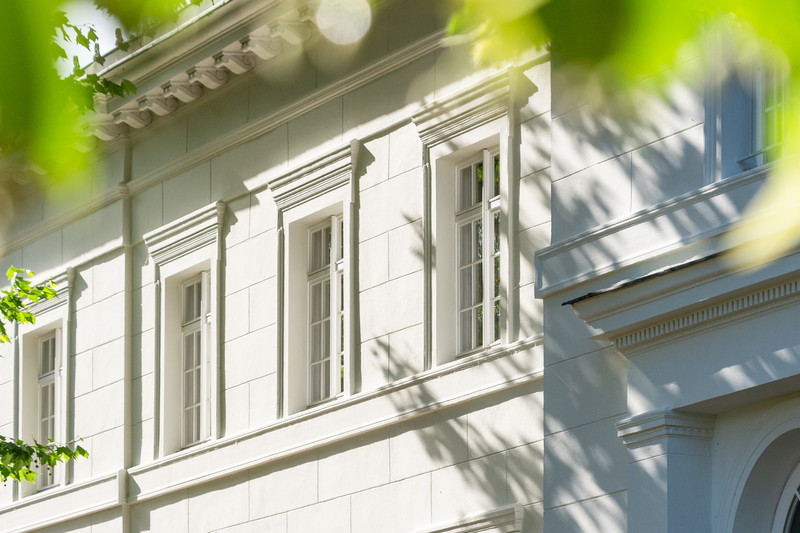
Stillstand im Reformstau
Blockiert sich die Demokratie selbst?
(Stuck in a reform gridlock:
Is democracy blocking itself?)
Government structures tend to become rigid. Once something works, it is filed away as ‚proven‘ and should preferably simply stay as it is. However, standing procedures often fail to keep up with a changing reality. At this point, the call for reforms can be heard from all sides, but apparently, they don‘t just happen because someone is calling for them. They must be planned and implemented. As changes to social structures often impact on the living conditions of many people, they pose a risk to the popularity of potential reformers, who are therefore reluctant when it comes to their realisation.
However, particularly many highly developed societies, including the western democracies, suffer from the serious as well as fundamental problem of torpidity. Although... is it not this ‚stability‘ that is one of the particularly appreciated advantages, compared to ‚less structured‘ societies? Is the laboriousness of democratic procedures and decision-making processes as a valuable element of participation not preferable to the strict governance of all areas of life under authoritarian regimes? So, on the other hand, can the decisive social consensus that is needed for the major challenges of the present ever be reached in a participative way?
In his Neuhardenberg Speech, the historian and long-serving local and national government politician Christoph Stölzl talks about successful and failed reforms, and about the present and future changes that must be addressed.
Jürgen Trittin, the first member of the Green Party to become Germany‘s minister for the environment in Schröder‘s cabinet; Basil Kerski, culture manager, journalist, political science expert, essayist and an authority on Polish and German society, as well as the French journalist Pascale Hugues, who has been explaining Germany to the French for many years: These are the guests that will be joining Christoph Stölzl for an in-depth panel discussion of the subject from different political and regional perspectives hosted by rbb24 Inforadio editor Harald Asel after the speech.

